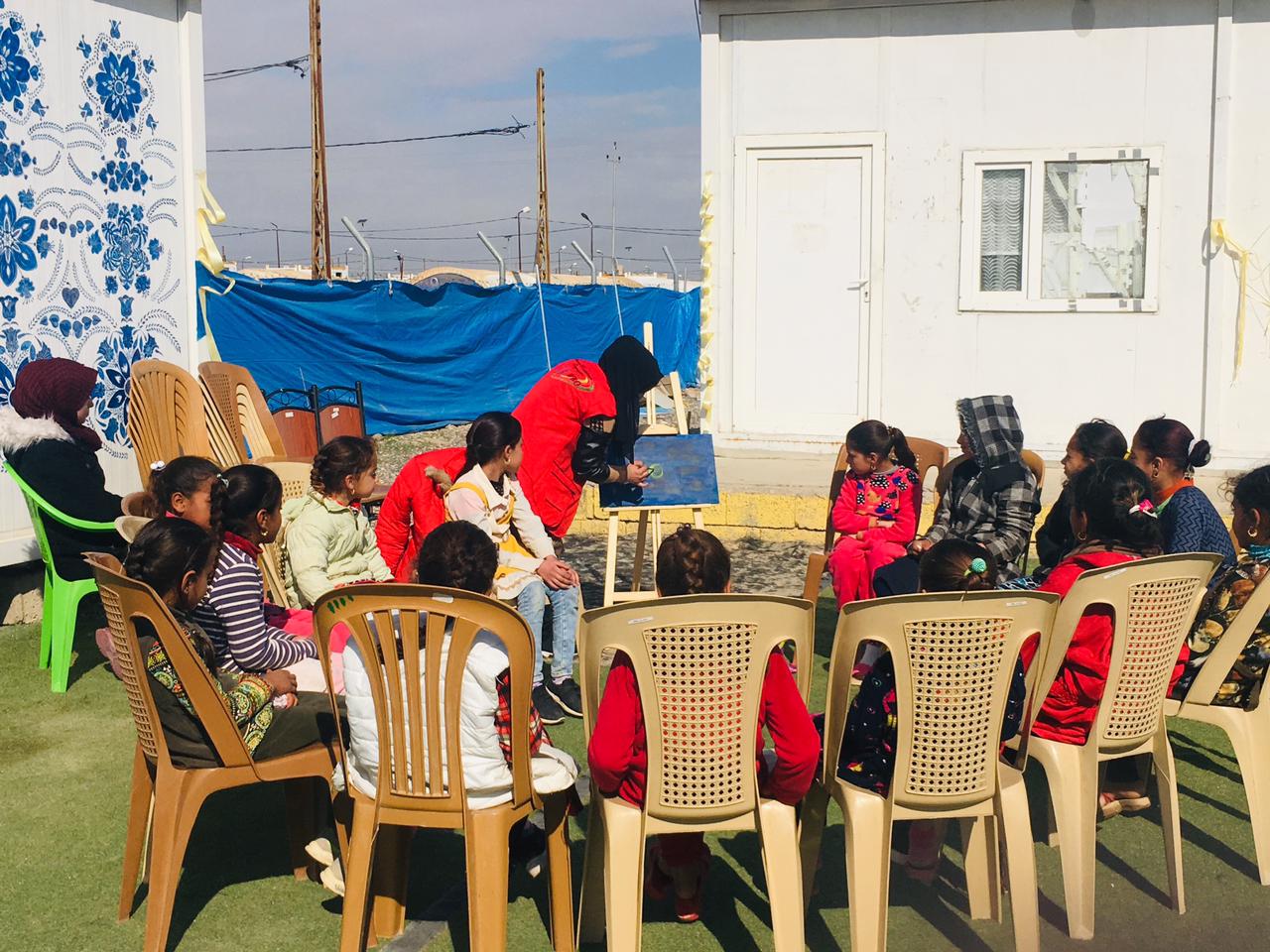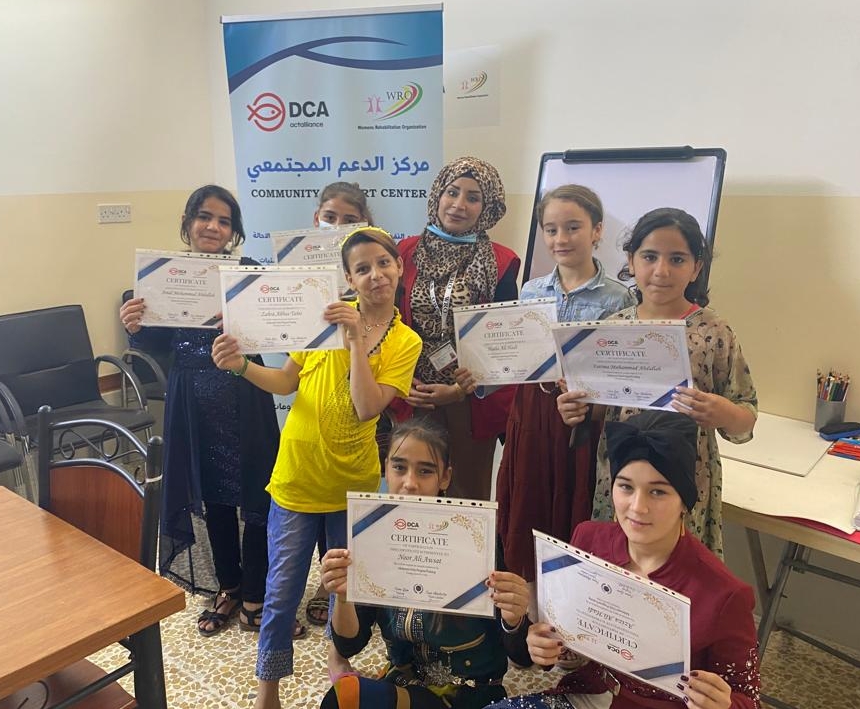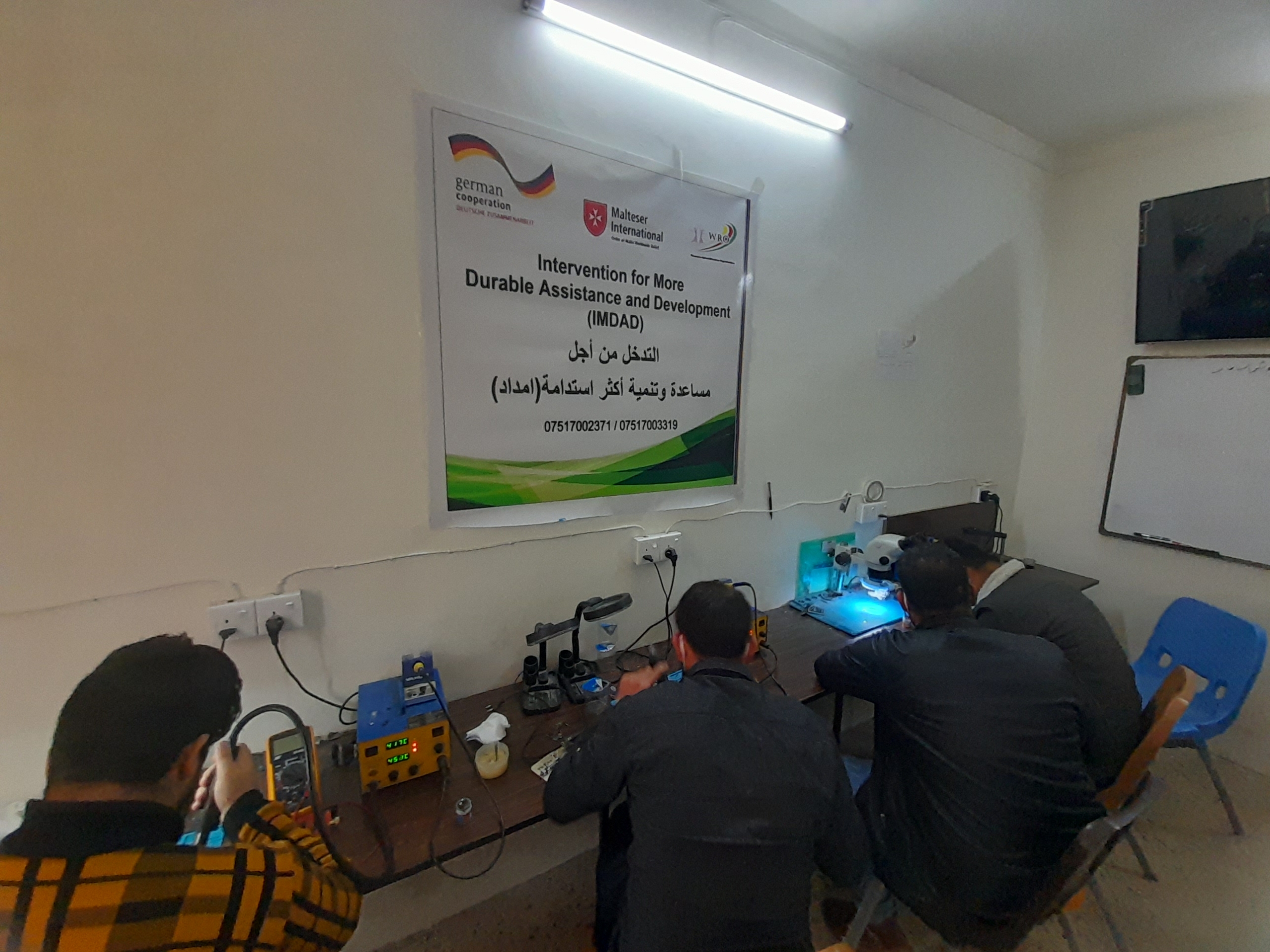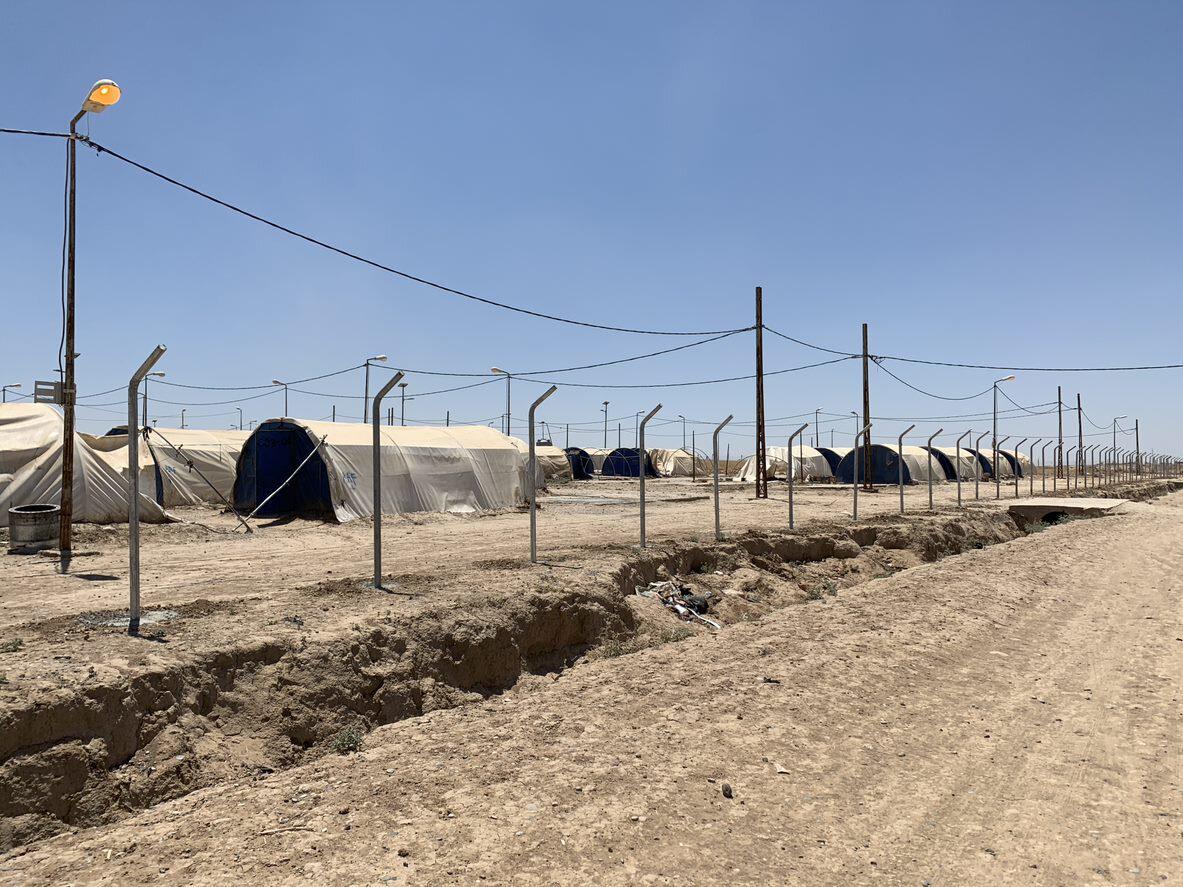Project Description
Self-resilience and empowerment through integrated CP, GBV, MHPSS, Livelihoods Project in Ninewa, Dohuk, and Erbil Governorates Phase II & III
Donor/Partner: BPRM
Period: 2019/2020
Location: Erbil and Ninewa Governorates: Koya, Zakho, Zacho
Summary: Reduce the risk of GBV and CP violations through comprehensive MHPSS, legal assistance and community-based activities that bolster self-resilience and strengthening peaceful coexistence among IDPs, returnees, and host communities.
Project Objectives:
Objective 1) Reduced Risk of GBV and strengthen MHPSS service provision through improved access to culturally appropriate quality prevention and response services for survivors of SGBV and those most at risk though a survivor centered approach.
Objective 2) Strengthen access to child protection services for the immediate and future benefit of girls, boys by providing child friendly space (CFS) offering non-formal psychoeducation and support service activities to children made vulnerable to social and educational de-stimulation, sexual and child abuse and neglect.
Objective 3) Improved peaceful coexistence and promote harmonious living among IDP, returnees, and host community families with activities that build capacity and are sustainable and transferrable to communities and local authorities.
Objective 4) Strengthen women and adolescent girls’ economic empowerment through practical livelihoods and life skill programs, promoting women as agents of change.
RESULTS
3,054
Received GBV, MHPSS, or PFA support services
9,499
Participated in awareness sessions and received information on GBV prevention and response
1,656
Received Child Protection Services including non-formal education, attending friendly-spaces, and receiving MHPPS and PFA support care
2,137
Caregivers and children participating in sessions and received awareness on CP related issues
79
Women participating in economic empowerment training programs
1,430
Participated in community based peaceful coexistence activities including Tea Groups, Trainings, and Peaceful Coexistence Committee’s
12 Community Safety Audits conducted
6 Peaceful Coexistence Committees Supported
56 Peaceful Coexistence activities held














